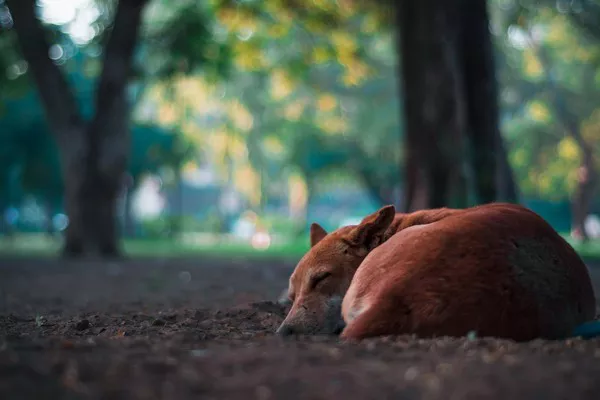In response to the burgeoning issue of pet overpopulation exacerbated by the COVID-19 pandemic, Lincoln County is proud to unveil the LCSNP (LC “Snip”) program. This initiative, made possible through federal relief funds, aims to address the escalating numbers of dogs and cats in the region.
Under the LCSNP program, Lincoln County Board of Commissioners, leveraging funds from the American Rescue Plan Act, endeavors to provide essential support to local low-income households. The primary focus lies in offering spay and neuter services for pet felines and canines, thereby curbing the cycle of overpopulation.
According to findings published by the National Institutes of Health, the COVID-19 pandemic-induced lockdown led to a significant reduction in surgeries within the pet care industry, a trend yet to rebound. Emphasizing the critical role of spay-neuter initiatives, the report underscores its pivotal contribution to mitigating pet overpopulation and reducing euthanasia rates in animal shelters. The collaboration between veterinarians and animal welfare organizations is urged to prioritize the revival of spay-neuter capacities, particularly targeting vulnerable populations at risk of unintended reproduction or shelter entry.
County staff will facilitate the coordination and payment for spay and neuter procedures in collaboration with applicants and participating veterinarians’ offices.
To be eligible for the program, residents of Lincoln County must meet income criteria, verifiable through enrollment in various assistance programs such as SNAP/TANF, WIC, OHP, Medicaid, Housing Assistance, Supplemental Security Income, Veterans Pension Benefits, and Surviving Spouse Pension Benefits. Applicants must furnish supporting documents demonstrating enrollment in one of these programs for their application to be considered complete.
In the case of multiple pets within a household, separate applications are required for each animal, with each pet receiving a unique reference number and individual vouchers.
Dog owners are encouraged to ensure their pets are licensed, a process made more cost-effective with spaying or neutering. Licensing requirements mandate that dogs aged 6 months or older, or those with their adult canine teeth, must be licensed. Additionally, a current rabies vaccination certificate is mandatory for purchasing a dog license. The cost of a dog license varies depending on the alteration status of the pet, with altered dogs being subject to a reduced fee.
While cat licensing remains optional, proof of a current rabies vaccination is still necessary.
Friends of the Lincoln County Animal Shelter (FOLCAS) has extended assistance through a helpline for inquiries and aiding applicants lacking computer access. Meanwhile, the Central Coast Humane Society (CCHS) is spearheading spay/neuter services for “community” cats, residing in managed colonies rather than households.
FOLCAS President Emily DeHuff expressed enthusiasm for the initiative, highlighting the crucial role it plays in reinstating spay/neuter rates after setbacks faced during the pandemic and subsequent financial strains caused by the 2020 wildfires.
The significance of spaying and neutering extends beyond individual animal welfare, serving as a fundamental measure to prevent the proliferation of future animals without adequate homes.






















